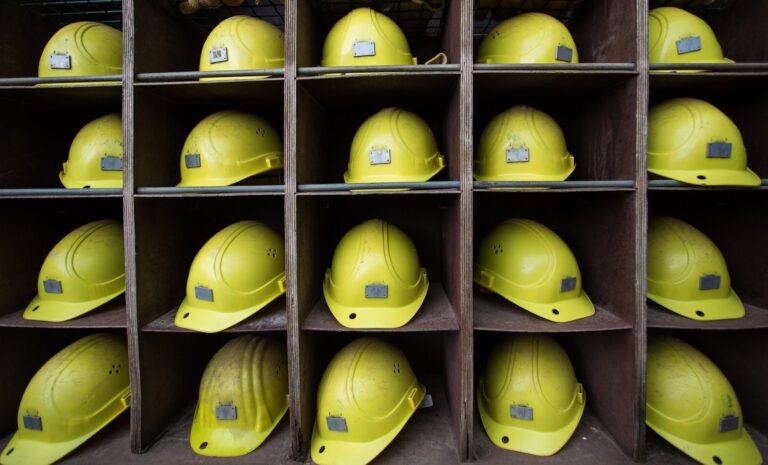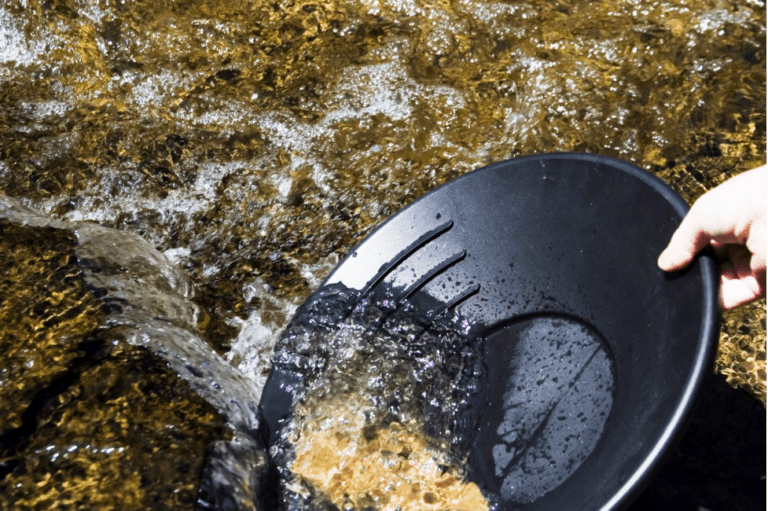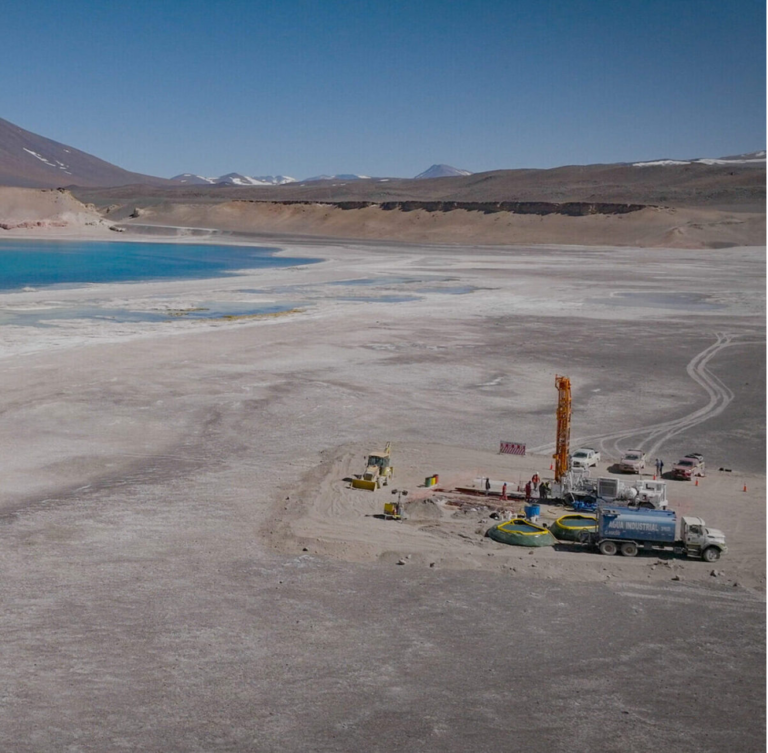This principle couldn’t be truer than the relationship between journalists and the PR practitioner.
Whether representing a client when working within a firm such as ours, PR Associates, or leading an organization’s corporate communications department, the time invested in building strong, personable relationships with journalists will pay dividends and greatly benefit both the client and the organization.
What it really boils down to is being human. It’s about being honest, accountable, and up-front. It’s about operating within professional boundaries while being open and genuine.
Moreso, it’s about accepting the fact that the foundation upon which the relationship is built comes down to mutual benefit. It’s a symbiotic relationship, in which each exists because of the existence of the other, and each succeeds with the other’s success.
Journalists and PR professionals work in a communications ecosystem, each playing their part with integrity, more often than not, but each also working for the sake of their own survival.
Journalists seek out leads, scoops, and news, and PR practitioners have the content that needs to find its way to the journalist to become newsworthy.
There’s this perception out there that journalists and PR professionals are meant to work in a constant state of competition and opposition to each other. That’s a myth.
The reality is that both sides have an important role to play in upholding the integrity and quality of our collective social discourse.
The Myth of ‘Hacks vs. Flacks’
Grandiose as it may sound, journalists are guardians of society, in as real a way as first responders and holders of public office are.
As for us PR practitioners, as much as we work for the interest of our clients, we also have an interest in maintaining the integrity and quality of that social discourse. Why would we want to bring the conversation down, when we’re trying to get our own slice of it, to lift our clients up?
And yet, if Hollywood or the public imagination were to be believed, you would think this relationship is one of “hacks versus flacks.”
As much as that myth couldn’t be further from the truth, the truth is exciting because it opens up so many possibilities for the real people who work in public relations, media relations, and the media itself.
The truth is that this relationship does work, and works very well because it’s one that is based on parallel needs.
The reporters, editors, and trade journalists with whom PR practitioners and communicators work all have a daily, recurring need for high-quality, high-impact stories to put in their publications.
In order to be hard-hitting, deep-digging, upstanding social storytellers, journalists need stories to tell.
And we — as PR professionals representing our client — have a need of getting their mission, messaging, and brand image into the spotlight. And we have a need for an outlet that’s willing to tell that story.
‘Hey, I see you!’
With the sheer volume of stories being told in our 21st-century digital news cycle, it’s a continual, mutual exchange that, today, is as active as ever.
And who could blame journalists for being overwhelmed or lost in the sea of never-ending emails? It’s no wonder so many of these story pitches fail from the get-go.
When we fail to personalize the relationship, chances are we are not structuring our approach with the reporter’s needs in mind.
But if we see the reporter we’re pitching to as a real person and a real professional with a need to find an impactful story to tell, we’re less likely to overlook the cardinal rule of working toward mutual benefit in the storytelling ecosystem.
My advice: Invest in the research and figure out the reporter’s beat and the publication’s audience. Take the extra few minutes to have a real conversation with a reporter, when the opportunity permits.
Personalizing the pitch also means taking the time to write a few lines that say why you believe the story is a good fit for the journalist you’re talking to.
It shows you did your homework, that you paid them the respect of paying attention to who they are and what they do — and time spent doing that is seldom wasted.
While the personal touch helps the email stand out, it’s the professional recognition that makes the pitch resonate the most. Relationships can be built on those first opening words of acknowledgment, a sentiment that says “hey, I see you!”
After the Pitch
Once the relationship is comfortably established you are now in a better position to elevate the conversation; cut to the chase, and work toward achieving each other’s goal of sharing story content and getting the content out into the ether.
It also allows you, as the PR professional, to make things right when ethical journalism standards fall below the line or don’t meet the litmus test in serving society well. Relationships built on trust, nurtured based on the respect for each other’s primary needs then allow you to have those tough conversations when things don’t measure up.
Keep nurturing the relations with simple gestures, such as a quick ‘thank-you’ Tweet or a note to the reporter who picked up your pitch. Shoutouts show up as signs that you are an honest broker.
But remember, it’s not a friendship — each player is a professional and there are boundaries to be had and boundaries to be respected.







